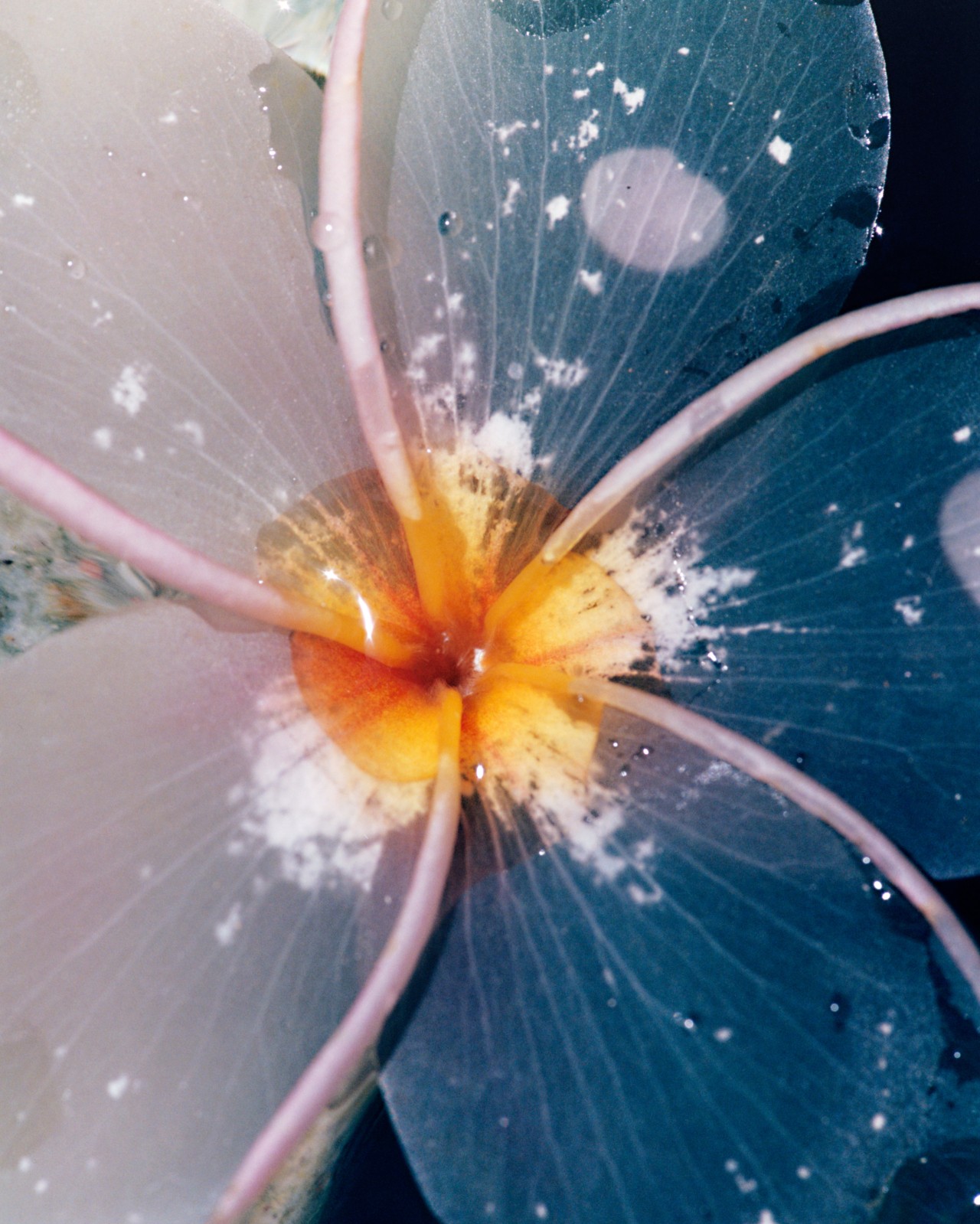

words by willow defebaugh
Photograph by Jacques Brun
“Those who contemplate the beauty of the earth find reserves of strength that will endure as long as life lasts.”
For as long as I can remember, nature has been my church—the song of every cicada a sermon, the shade of every poplar a pew. Studying ecosystems puts my problems into perspective; I’m reminded of the vast interrelatedness of existence, of which I’m but one small part. I believe that every branch of the flowering tree of life carries a teaching for us. Over the years, I have attempted to collect some of them for this newsletter. Now, I’m pleased to share that they will soon be released as a book: The Overview: Meditations on Nature for a World in Transition.
Writing The Overview is how I came to better understand deep ecology. Also called spiritual ecology, it’s a philosophy that weaves together science and spirituality, despite how ingrained it is in many of us that these should be separate. The phrase was introduced to Western cultures in 1972 by Norwegian philosopher Arne Næss, but Indigenous peoples have been practicing it for much longer. And while Næss created his own pillars of deep ecology, it has since evolved to take many forms. The book is organized by what I consider to be its core principles.
For me, the foundation of deep ecology—and the book’s first chapter—is about cultivating a sense of reverence, a word that perfectly bridges the divide between science and spirituality. Similar yet distinct from wonder, emotions researcher Brené Brown describes reverence as “a deeper form of admiration or respect [that] is often combined with a sense of meaningful connection with something greater than ourselves.” This is why I focus on a different awe-inspiring aspect of nature in each essay; I believe illuminating the many marvels of our world is the most effective way to motivate people to act on its behalf.
In familiarizing ourselves with Earthly phenomena, we begin to understand how connected everything is. But a web is more than any individual strand—it’s also the balance they create, the focus of the second chapter. Ecosystems are dependent upon such delicate harmonies in order to thrive. This is why a core principle of deep ecology is a biocentric worldview rather than an anthropocentric one, understanding that all human and non-human life is of equal importance. In re-examining the threads that connect all of us in the web of life, we are reminded of our greatest tool in repatterning them: each other.
We can understand these concepts, but what does it matter if we aren’t putting them into action? We must be committed to our own evolution, which forms the third chapter. While those in power cling to the past, nature is an engine of change, teaching that anything that doesn’t adapt will eventually perish. All of life is in transition, matter in metamorphosis—especially in the era of the climate crisis. It is on each of us to decide what we are turning into. Scattered across these pages is my own transition, which has taught me that change is not only possible, but beautiful.
The final chapter speaks most directly to the ultimate aspiration of deep ecology and the environmental movement at large: healing. On the surface, we must mend the damage that colonization, corporate greed, government complicity, and decades-long public apathy have authored on this planet. And yet, these are all symptoms of a deeper wound: the separation between humans and nature. It’s only by sewing that divide that we will begin to truly remedy our relationships with ourselves, each other, and the rest of life on Earth.
Changing our world will require us to change our worldview, which is to say our spiritual outlook. By cultivating reverence, balance, evolution, and healing, I believe that we can alter the trajectory our species is currently on and lead fulfilling lives along the way. What I’m proposing here is by no means revolutionary. Spirituality serves an important role in shaping our individual and societal lives; I have simply chosen to center mine around science. After all, if science is the study of life and spirituality is the study of the sacred, why shouldn’t they be one and the same?
The Overview: Meditations on Nature for a World in Transition
Coming January 25, 2024
Pre-order at shop.atmos.earth
An Introduction to The Overview Book